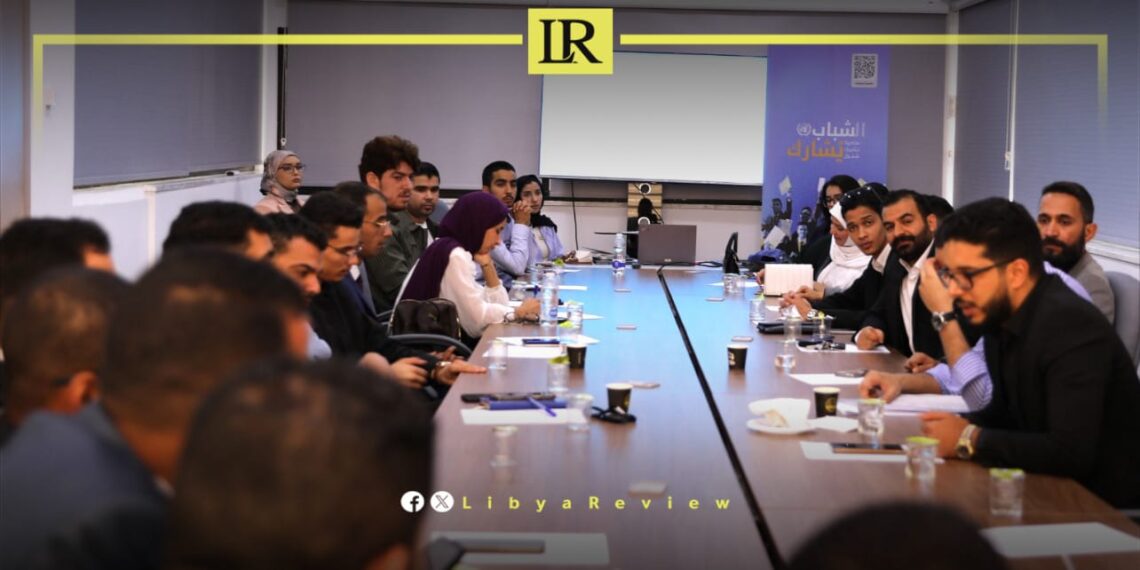A group of 228 young Libyans concluded a key dialogue session as part of the “YouEngage” programme, backed by the United Nations Support Mission in Libya (UNSMIL). The session produced nine comprehensive recommendations aimed at reducing community violence and promoting lasting peace through political inclusion and economic development.
According to a statement published on UNSMIL’s official website on Tuesday, the participants called for enhanced youth participation in elections to rebuild trust in the political process. They also urged support for local civil society organisations engaged in peacebuilding efforts and proposed stronger partnerships between the public and private sectors to stimulate the national economy and create job opportunities.
One of the key recommendations included the acceleration of entrepreneurship projects and support for start-ups as pathways to achieving sustainable security and stability. The youth also called for greater transparency and accountability in governance, with an emphasis on merit-based appointments over tribal quotas.
The recommendations highlighted the crucial role of the media in reducing tensions by countering divisive rhetoric and disinformation. Participants also proposed a national plan for disarmament and reintegration of armed groups through economic and social incentives, as well as training and employment alternatives for youth.
Transitional justice, national reconciliation, and the inclusion of all societal groups—including women, youth, and persons with disabilities—were underscored as essential to the peace process.
The dialogue pointed to Libya’s ongoing political division as a primary driver of insecurity and regional competition, especially over vital resources such as oil. The absence of trust between political factions and armed groups, participants noted, continues to hinder stability and encourages militarisation.
UNSMIL’s YouEngage programme seeks to engage 1,000 young Libyan men and women by end of May 2025, to gather their ideas and recommendations on various subjects to inform UNSMIL’s youth-oriented strategies, promote inclusion, and amplify the voices of those who are traditionally excluded.


